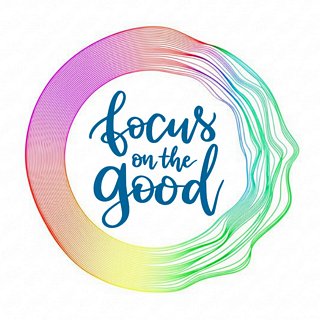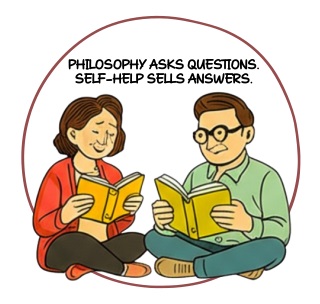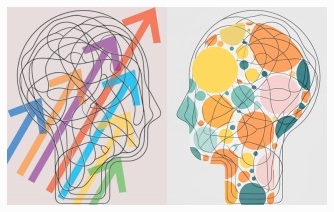 Modern life tempts us toward simple ideals—peace, joy, freedom—but wisdom lies in reimagining these not as escapes from discomfort, but as quiet, sustained negotiations with the messier textures of reality and our own evolving psychology.
Modern life tempts us toward simple ideals—peace, joy, freedom—but wisdom lies in reimagining these not as escapes from discomfort, but as quiet, sustained negotiations with the messier textures of reality and our own evolving psychology.
Peace isn’t the erasure of struggle. It’s the discipline of stillness in the eye of life’s whirlwind.
Joy isn’t the refusal of hardship. It’s the art of finding richness within the imperfect texture of experience.
Freedom isn’t the absence of constraint. It’s the capacity to act wisely within necessary limits.
Love isn’t just the presence of another. It’s the slow triumph of solitude, learned and accepted.
Growth isn’t a race toward improvement. It’s the quiet reconfiguration of the self in real time.
Purpose isn’t the conquest of doubt. It’s the patient search for significance beneath ambiguity.
Security isn’t a fortress of caution. It’s the intuition to risk and retreat in thoughtful balance.
Idea for Impact: Maturity doesn’t come from tidying life’s chaos, but from meeting it with curiosity, restraint, and poetic understanding.
 Optimism’s useful—good for your mind, body, and well-being. But it’s not a cure-all.
Optimism’s useful—good for your mind, body, and well-being. But it’s not a cure-all. Disappointed? Hurt? Offended?
Disappointed? Hurt? Offended? Self-help and philosophy both claim to enhance life, but they approach the task from opposite ends. Self-help assumes you know what you want—success, happiness, confidence—and hands you the tools to get there. Philosophy asks whether those goals are worth wanting in the first place.
Self-help and philosophy both claim to enhance life, but they approach the task from opposite ends. Self-help assumes you know what you want—success, happiness, confidence—and hands you the tools to get there. Philosophy asks whether those goals are worth wanting in the first place. Life is not a cradle of comfort but a crucible of experience. To be conscious is to be vulnerable—to injury, to loss, to the slow erosion of certainty. Suffering is not a glitch in the system; it is the system. And yet, the modern mind, coddled by convenience and narcotized by distraction, recoils from this fact as if it were an indecency rather than a reality.
Life is not a cradle of comfort but a crucible of experience. To be conscious is to be vulnerable—to injury, to loss, to the slow erosion of certainty. Suffering is not a glitch in the system; it is the system. And yet, the modern mind, coddled by convenience and narcotized by distraction, recoils from this fact as if it were an indecency rather than a reality..jpg)
 A thing can feel bad and be right.
A thing can feel bad and be right. There’s a peculiar cruelty in the well-meant, the kind that cloaks harm in sentiment and justifies injury with declarations of virtue.
There’s a peculiar cruelty in the well-meant, the kind that cloaks harm in sentiment and justifies injury with declarations of virtue..jpg)
 At its core, the book pushes a blunt idea:
At its core, the book pushes a blunt idea:  “Don’t fight the wave,” they say, is the surfer’s first lesson.
“Don’t fight the wave,” they say, is the surfer’s first lesson.